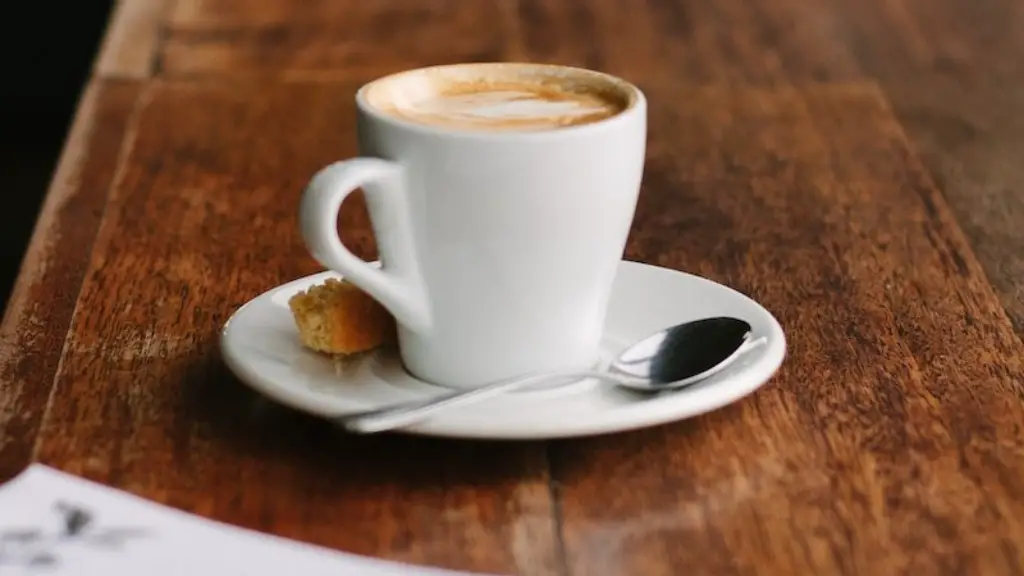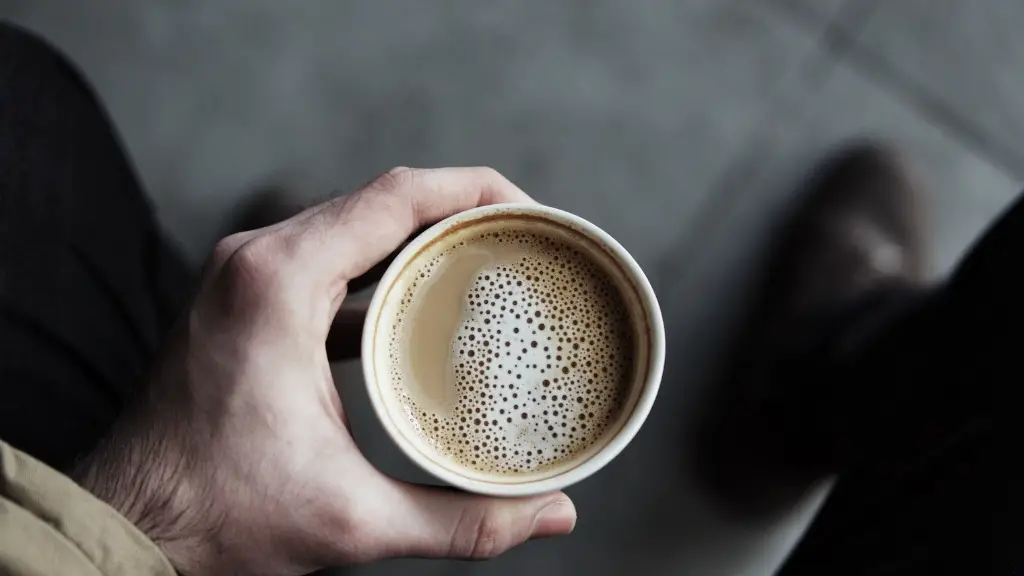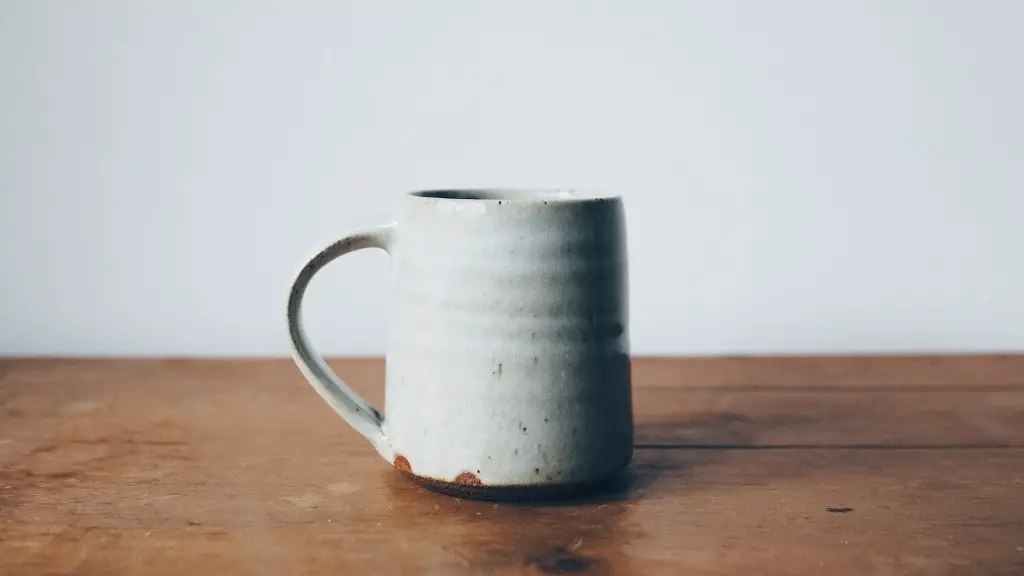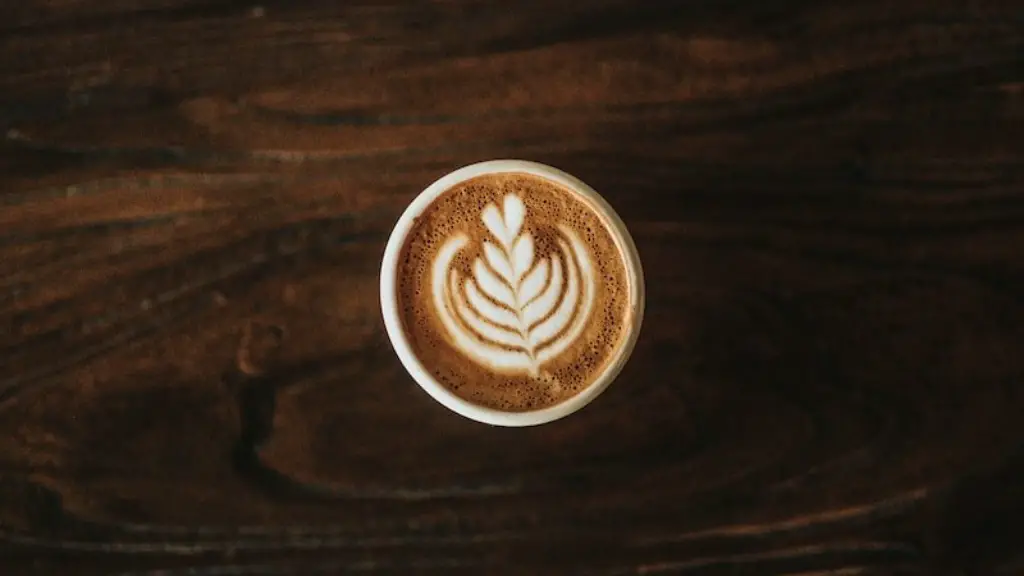A survey in 2018 by the National Coffee Association revealed that 64 percent of American adults drink coffee daily. This number is a decrease from 2017- 6 percent less, with 70 percent of adults surveyed drinking coffee daily. Coffee drinking in the United States has remained popular throughout the years, as it is enjoyed in many forms, from brewed coffee with just cream and sugar, to the ever-famous espresso-based drinks (such as the well-known latte, cappuccino, or triple espresso). Even throughout the years with ever-changing trends, coffee has remained popular with adults in the United States.
Coffee can be beneficial in numerous ways. Caffeine, one of the main active ingredients in coffee, is a stimulant. In small to moderate doses, this stimulant can help people maintain mental alertness, increase focus, and feel more productive. Caffeine can also help adults stay awake longer, allowing them to finish a task or project. A large review article conducted in 2016 found that coffee consumption is associated with a lower risk of developing Alzheimer’s, Parkinson’s, and other types of dementia.
It has been suggested that daily coffee consumption can also reduce the risk of depression, heart disease, liver cancer and type 2 diabetes. However, it is important to note that coffee consumption is not a substitute for a healthy lifestyle. Eating nutrient dense foods, exercising regularly, and getting enough sleep are all important factors for overall health.
The latest dietary guidelines for Americans suggest that adults should consume less than 300mg of caffeine per day (about 3 cups of coffee). Consuming too much caffeine can lead to negative side effects such as insomnia, restlessness, anxiety, irritability, and an increased heart rate. For coffee lovers, there are many ways to reduce the amount of caffeine they consume without sacrificing the beloved taste. Some alternatives include experimenting with the ratios of coffee beans to water, steaming or roasting coffee beans to extract less caffeine, and consuming coffee from other regions of the world that have naturally lower amounts of caffeine.
Coffee can also be taken in moderation, meaning that viewers can partake in the trend flawlessly through simple tweaks to the way they consume it. For example, decaf coffees can be created with little to no caffeine content. Such coffees can be blended with other ingredients, such as regular coffee, to reduce the overall caffeine content of the beverage. Additionally, people who are highly sensitive to the effects of caffeine can opt to ingest only a small amounts of it to reap the benefits without the negative side effects.
Coffee Culture
The culture of coffee consumption has changed drastically over the years. No longer is drinking coffee an activity without purpose. Coffee shops, cafes, and restaurants are cropping up in urban and rural areas around the country. Such establishments provide a variety of activities, ranging from online work to live entertainment, as well as a great cup of coffee. Coffee drinkers are also becoming more conscious of where their coffee beans are sourced and making an effort to support farmers and producers in other countries who use ethically-minded labor and farming practices.
Additionally, the trend of specialty coffee has taken off. Specialty coffee involves fine-tuning the brewing process and focusing on the flavors, aromas, and nuances of different coffee beans. Specialty coffee producing countries such as Ethiopia, Colombia, and Guatemala are beginning to gain recognition and respect from coffee drinkers.
Impact on Health and Environment
The effects of coffee on health, as well as its impact on the environment, are two topics increasingly gaining awareness. Coffee drinking is often cited as a major health benefit in moderation, but studies are increasingly showing the effects of overconsumption. Too much caffeine can lead to insomnia, headaches, and other health problems. Additionally, caffeine can be addictive and some people may be more likely to overconsume if they do not pay attention to their own body and its needs.
It is also important to consider the environmental impact of the coffee industry. Coffee beans are harvested from all around the world, with some regions heavily relying on coffee production for their economic output. However, this industry can have a negative effect on the environment if it is not managed carefully. Coffee production can lead to deforestation, water scarcity, and soil erosion. As demand increases, it is more important than ever to ensure that sustainability and ethics remain as priorities.
Coffee Companies and Organizations
There are now a number of organizations and companies devoted to the promotion and development of the coffee industry. These organizations help to structure and regulate the industry, provide training and education, and help connect farmers and buyers. Some organizations promote sustainable agricultural practices, while others provide certification programs to ensure that the products are made from ethically sourced materials. Additionally, some companies are dedicated solely to the promotion of specialty coffees.
In addition to organizations devoted to the industry, there are now many startups and businesses dedicated to the production, distribution, and sale of different types of coffee. These companies are often focusing on bringing specialty coffees to the masses, or making brewing coffee easier by providing pre-ground beans, or creating single-serve brewers for convenience. These companies are revolutionizing the way people access and consume coffee, and have given consumers more options than ever.
Coffee and Technology
Technology and coffee consumption have gone hand-in-hand since the invention of the first electric coffeemaker in the early 1900s. Today, coffee consumption is more convenient than ever thanks to new technology being developed. This includes single-serve brewers and apps designed to help coffee lovers find the perfect coffee blend. Coffee apps are popping up everywhere, providing coffee drinkers with detailed information about coffee beans and brewers, discounts to coffee shops, review sites, and even tutorials on how to make the perfect cup of coffee.
Technology has also enabled coffee companies to connect with consumers in more ways than ever before. Online subscription services offer coffee drinkers the chance to try a variety of coffee blends from around the world with minimal commitment. The convenience of these services makes it easy for coffee lovers to stay up to date with the latest blends and trends in coffee drinking.
Coffee Trends
Coffee trends are constantly shifting and changing to suit modern tastes and desires. For many, coffee has become more than just a beverage; it has become an experience and a lifestyle. As coffee consumption evolves, more consumers are focusing on specialty coffee and its unique flavor profiles. Consumers are also frequently looking for coffee produced in ethically responsible ways and are willing to pay more for a great cup of coffee from a quality source.
Cold brew coffee is also becoming increasingly popular and some coffee lovers are even going as far as to buy flavor concentrates to create their own unique cold brew beverages. Additionally, Coffee-inspired recipes such as coffee cakes, cookies, and other pastry-type goods are becoming increasingly common with home bakers and enthusiasts alike.
Finally, coffee consumption is becoming more accessible with the development of portable coffee makers. These devices are small, lightweight, and easy to carry; allowing coffee drinkers to enjoy a steaming hot cup of coffee regardless of location. Portable brewers often use reusable capsules that can be filled with freshly-ground coffee, eliminating the need to waste disposable capsules.




